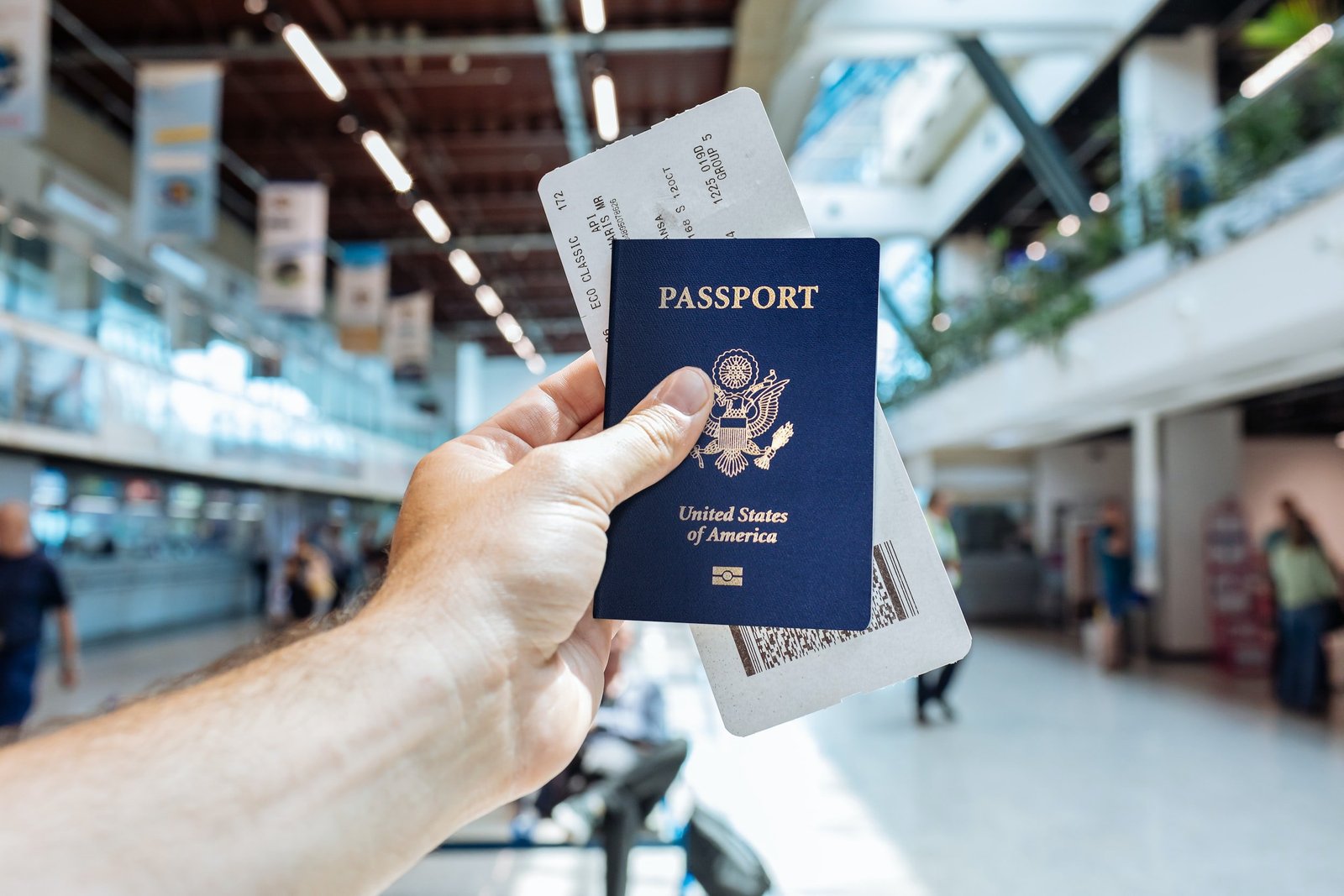From the UK to the USA: Navigating Travel with a Student Visa
Obtaining a student visa can be a complex and daunting process, but with the right information and guidance, it can be a smooth and manageable experience. The first step in the process is to apply and be accepted to a school or university in the country where you wish to study. Once you have been accepted, you can begin the visa application process. This typically involves completing an application form, providing proof of acceptance to a school, demonstrating financial ability to support yourself during your studies, and undergoing a visa interview at the embassy or consulate. It is important to carefully follow all instructions and provide all required documentation to ensure a successful visa application.
After submitting your application, there may be a waiting period while your application is processed. It is important to be patient during this time and to be prepared for the possibility of additional requests for information or documentation from the embassy or consulate. Once your visa is approved, you will receive a visa stamp in your passport, which will allow you to enter the country and begin your studies. It is important to carefully review the terms and conditions of your visa to ensure that you understand any restrictions or requirements that may apply during your stay.
Navigating the Differences in UK and US Visa Requirements
While both the UK and US offer opportunities for international students to study, there are some key differences in the visa requirements for each country. In the UK, students typically apply for a Tier 4 (General) student visa, which requires proof of acceptance to a UK school, proof of financial ability to support yourself, and proof of English language proficiency. In addition, students may be required to undergo a tuberculosis test and provide biometric information as part of the application process.
In the US, students typically apply for an F-1 student visa, which also requires proof of acceptance to a US school, proof of financial ability to support yourself, and proof of English language proficiency. In addition, students may be required to pay a SEVIS fee and undergo a visa interview at the embassy or consulate. It is important to carefully review the specific requirements for each country and to ensure that you provide all required documentation and information as part of your visa application.
Tips for a Smooth Transition: Preparing for Travel and Arrival
Preparing for travel and arrival in a new country can be an exciting but also overwhelming experience. It is important to carefully plan and prepare for your journey to ensure a smooth transition. One of the first steps in preparing for travel is to carefully review the visa requirements for your destination country and to ensure that you have all required documentation and information for your visa application. It is also important to research the local customs and culture of your destination country to ensure that you are prepared for any cultural differences or challenges that you may encounter.
In addition to preparing for your visa application and arrival in a new country, it is important to carefully plan your travel logistics, including booking flights, arranging transportation from the airport to your accommodation, and ensuring that you have all necessary travel documents and information. It is also important to consider any health or safety concerns that may arise during your travels and to take appropriate precautions to ensure your well-being. By carefully planning and preparing for your journey, you can help ensure a smooth and enjoyable transition to your new destination.
Making the Most of Your Student Visa: Exploring Work and Study Opportunities
Once you have arrived in your destination country and begun your studies, it is important to take advantage of the opportunities available to you as an international student. Many countries allow international students to work part-time while studying, which can provide valuable work experience and help offset the cost of living expenses. It is important to carefully review the work restrictions and requirements of your student visa to ensure that you are in compliance with any regulations that may apply.
In addition to exploring work opportunities, it is also important to take advantage of the academic and extracurricular opportunities available at your school or university. Many schools offer resources and support services specifically for international students, including language assistance, academic advising, and cultural programming. By actively participating in these opportunities, you can enrich your academic experience and make the most of your time as a student in a new country.
Overcoming Challenges: Adjusting to Life in the USA
Adjusting to life in a new country can be both exciting and challenging. It is important to be patient with yourself as you navigate the cultural differences and adjust to a new way of life. One of the first steps in overcoming challenges is to actively seek out support and resources available to international students. Many schools offer orientation programs specifically for international students, which can provide valuable information and support as you acclimate to your new environment.
In addition to seeking out support from your school or university, it is also important to actively engage with the local community and seek out opportunities for cultural exchange and connection. By participating in local events, joining clubs or organizations, and making an effort to meet new people, you can help build a sense of community and connection in your new home. It is also important to take care of your physical and mental well-being during this transition period, including seeking out healthcare resources and support services as needed.
Extending Your Stay: Renewing and Extending Your Student Visa
If you wish to extend your stay in your destination country beyond the expiration date of your student visa, it is important to carefully review the requirements and process for renewing or extending your visa. In many cases, you will need to provide proof of continued enrollment in a school or university, proof of financial ability to support yourself during your extended stay, and any additional documentation or information required by the immigration authorities.
It is important to begin the renewal or extension process well in advance of the expiration date of your current visa to ensure that you have ample time to gather all required documentation and information. It is also important to carefully review any restrictions or limitations that may apply during an extended stay on a student visa, including work restrictions or requirements for maintaining full-time enrollment in a school or university. By carefully following all instructions and providing all required documentation, you can help ensure a successful renewal or extension of your student visa.
Planning for the Future: Post-Graduation Options and Visa Considerations
As you near the end of your studies, it is important to carefully consider your options for post-graduation plans and any visa considerations that may apply. Many countries offer opportunities for international students to remain in the country after graduation through work visas or other immigration pathways. It is important to carefully research these options well in advance of graduation to ensure that you are prepared for any necessary applications or requirements.
Read Also: How International Students Can Gain Work Experience in the USA
In addition to exploring post-graduation options in your destination country, it is also important to consider any potential visa considerations if you plan to return to your home country or pursue further studies in another country. It is important to carefully review any visa requirements or restrictions that may apply during this transition period and to ensure that you have all necessary documentation and information for any future visa applications. By carefully planning for the future and considering all potential visa considerations, you can help ensure a smooth transition as you move on from your student visa status.







